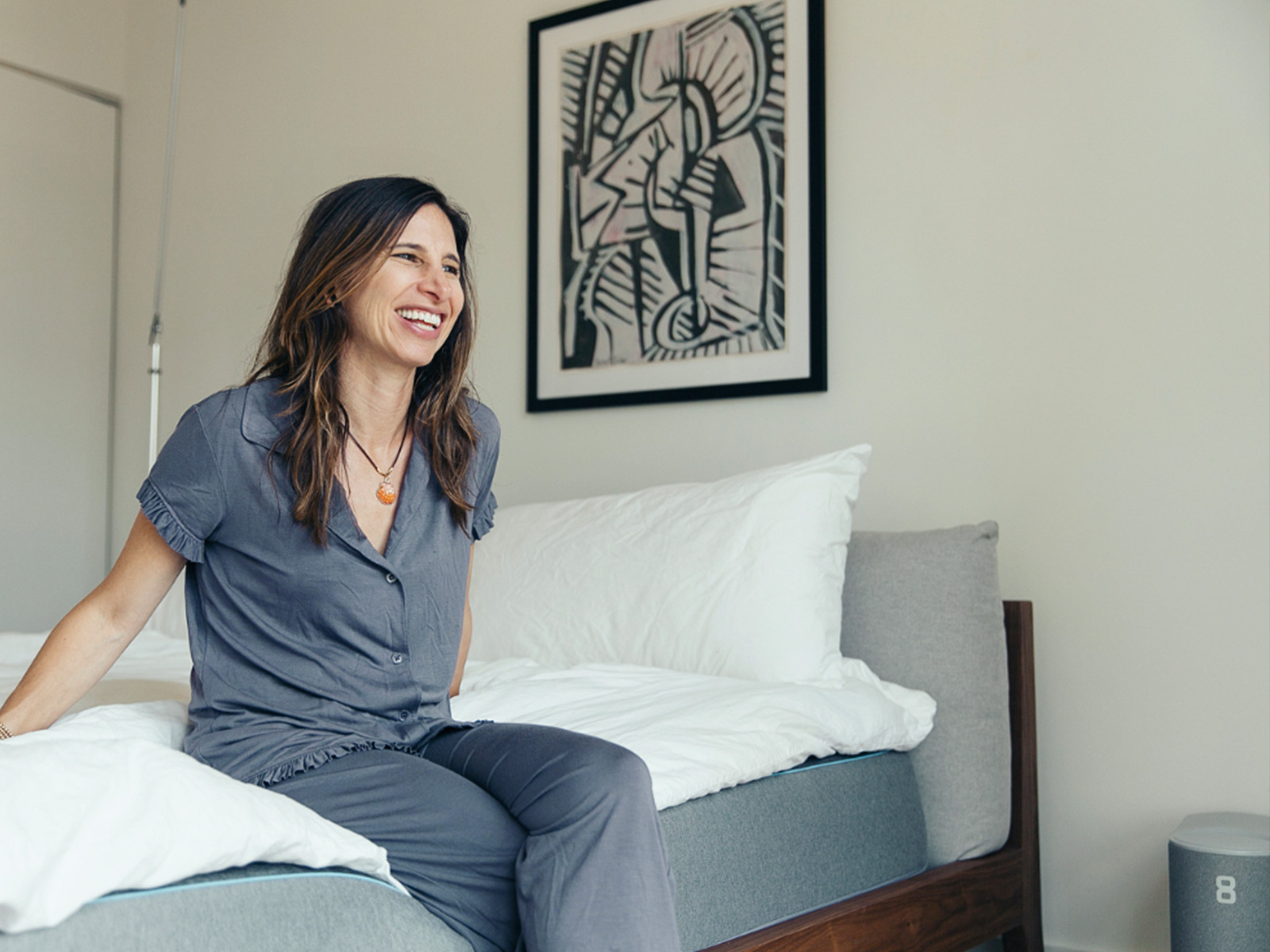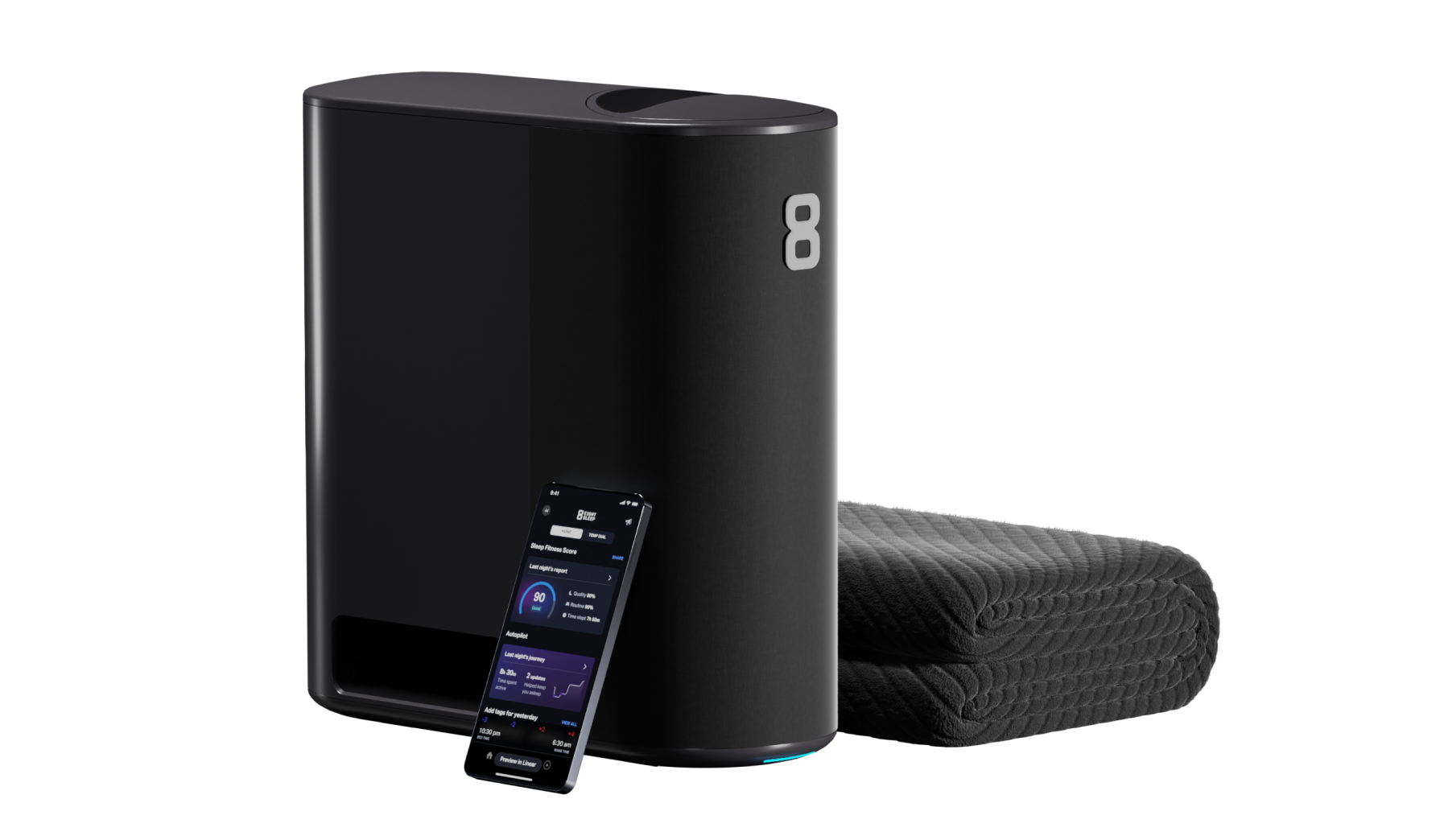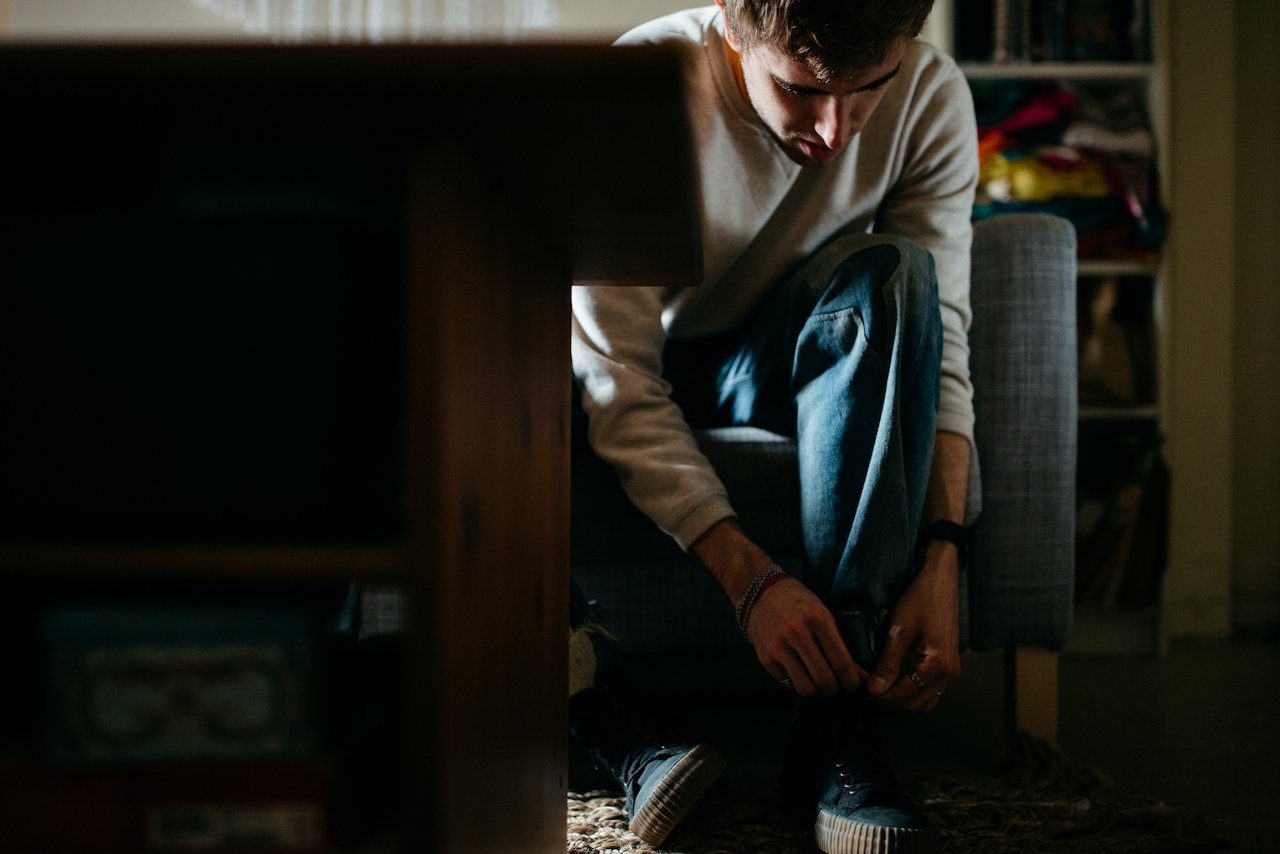Ever had one of those days? You know, a day where nothing seems to go your way and you just want to go home and hide in bed? There’s a chance your circadian rhythm is off.
Your circadian rhythm is the daily wake-sleep cycle, or the sleep-wake time consistency of your physical, mental, and behavioral changes. When your body shows signs that you’re hungry, tired, full, or alert, these are all factors that affect how it functions and performs on a daily basis. In association with sleep, it basically refers to going to sleep at night and being awake during the day. That’s considered the norm for most sleep patterns.
But you can change the schedule of your circadian rhythm. Two common examples are when you travel to a different time zone or take a job with new hours, both which can throw off your general routine. However, anything that causes you to sleep primarily when it’s light out and stay awake when it’s dark can affect it.
Your circadian rhythm can be altered if you travel to a place that is opposite of what you’re used to. A feeling of jet lag sets in as your body attempts to adjust to the hectic nature of traveling as you cross several time zones. It increases tiredness and irritability and can take several days to adapt to your final destination. If you’re sleeping when you should be eating and vice-versa, your body and mind can feel out of whack and will need time to rest and rebalance itself.
This can also happen if you have different waking hours due to certain types of professions. Doctors, first responders, and other jobs that require hours that begin late in the evening and end in the early morning switch their original circadian rhythm. Since daylight is a constant to maintain the usual sleep cycle, it’s important to follow healthy sleeping habits in order to find a way that allows you to sleep even when it’s dark outside.
Promoting a Healthy Sleep Environment
Certain lifestyle updates can make it feel like getting any amount of sleep, whenever it’s available, is the best option. A better solution is to return to a consistent sleep schedule as soon as possible. Even if you’re only off schedule for a few days, follow the “clock” of daylight hours by staying awake for most of the day and then sleeping at night per a typical circadian rhythm.
To help create a manageable sleep environment, no matter where you are in the world or what time you’re typically awake, there are a few adjustments you can make to enjoy a good night’s sleep.
First, make sure it’s dark and cold wherever you’re sleeping. A room that has too much light exposure and feels overheated does not create favorable sleeping conditions. It can further alter your circadian rhythm and lead to sleep deprivation. The ideal sleeping temperature is between 60 and 67 degrees; however, this will differ from person to person. Some people prefer a warmer room, while others like the chilliness of a 60-degree environment. Move the thermostat up or down a few degrees to find the temperature that’s just right. As the body prepares for sleep, its temperature naturally starts to decrease. If you’re kept warmer due to bedroom conditions, it can make the process of falling and staying asleep difficult.
In addition to how cool or warm you leave the room, consider how much circulation there is as well. Proper air ventilation is equally important to set the stage for a restful night’s sleep. When traveling, make these changes several hours before you go to bed to ensure that the room reaches the optimal temperature by the time you lie down. Keep in mind that open blinds or unshaded windows let sunlight in first thing in the morning, which may disrupt your circadian rhythm. Plus, it’s quicker to heat up a room than to cool it down.
Next, consider your bedding. What materials are your sheets and blankets made of? Are your pillows still providing enough neck support? How old is your mattress? Expired mattresses and pillows (not to mention a worn-out mattress) can wreak havoc on your body and prevent you from receiving the optimal level of sleep you need each night.
Lastly, remove anything that can serve as a distraction while you sleep. This includes everything from social media to alarm clocks that are too bright. Your bedroom should be considered a place of solace where you’re able to tune into your best sleep.
Creating Better Sleep Habits
Developing optimal sleep habits comes naturally for some but may take additional effort for others. Night owls and people who suffer from sleep disorders may feel like they’ll never get continuous, quality sleep. However, there are a few key ways to find better consistency and support the body’s natural routine throughout the day.
In the Morning
Back away from the snooze button.. It may sound impossible but if you constantly find yourself reaching for the snooze button on your alarm, chances are you’re not getting enough sleep to begin with. Try to go to sleep 15 minutes earlier each night or wake up 15 minutes later each day. Hearing the sound of a snooze alarm disrupts the sleep cycle and throws your circadian rhythm off balance. A great alternative is with the Thermal alarm. The Thermal alarm allows you to set your Eight Sleep Pod to warm you up (or cool you down) in the morning, leading to a smoother, more natural wake-up. Eventually you may even transition to learn how to wake up without an alarm.
Open the curtains or turn on a bright light. A dark, quiet space is perfect for when you’re sleeping, but once awake, activate your brain and get your body moving with the help of natural light or an overhead light. Turning on a dim bedside lamp may not be enough to get you going right away. Get out of bed and open the blinds to help the body wake up.
In the Afternoon
Take a nap. Many people experience a dip in energy from around noon to 2pm. This is an ideal time to take a quick snooze and get reenergized for the rest of the day. A 20-minute nap prevents you from entering the REM level of deep sleep so that you don’t feel groggy for the rest of the day. Plus, it’s short enough so as not to disrupt your regular nighttime schedule. Just be sure to keep that nap short, and don’t nap any later than this — as a nap too late in the day can seriously disrupt your sleep cycle at night.
Avoid late afternoon caffeine. A coffee or energy-drink pick-me-up is a go-to remedy for many but can be one of the reasons you feel restless at night. Limit your intake and stick with only one morning cup to see if that makes a difference in how you sleep. Also drink plenty of water — keeping hydrated helps you stay alert.
In the Evening
Maintain a set bedtime. The lack of regularity is what changes your circadian rhythm. Go to bed at the same time every night. A small time change can positively affect your ability to fall asleep right away and stay asleep. The same rule goes for when you wake up. Whether you go to bed at 11 and wake up at 7 or go to bed at 9 and wake up at 5, aim for eight hours of continuous sleep.
Follow a routine before bed. Rather than shifting suddenly from high levels of activity to lying down and going to sleep right away, spend at least an hour before bedtime to relax. Take a warm shower, listen to soft music, or anything else that begins to quiet the mind with limited distractions.
Flow with Your Body’s Circadian Rhythm
With all the lifestyle changes, sleeping habits, and other environmental factors that affect the day-to-day, it’s important to be in tune with what your body requires rather than trying to fit into what may be considered the norm. Once you know how to change your circadian rhythm, you can return to a pattern more easily when circumstances like travel or a new job affect your sleep.You won’t likely follow the same circadian rhythm at every stage of your life, but as long as you find some consistency, it’ll benefit your sleep and overall well-being.
But…the best and easiest way to improve your sleep? The temperature adjusting Eight Sleep Pod 3.
Sources: https://www.nigms.nih.gov/education/pages/factsheet_circadianrhythms.aspx; https://www.sleepfoundation.org/articles/can-you-change-your-circadian-rhythm; https://www.uclahealth.org/sleepcenter/circadian-rhythms;





